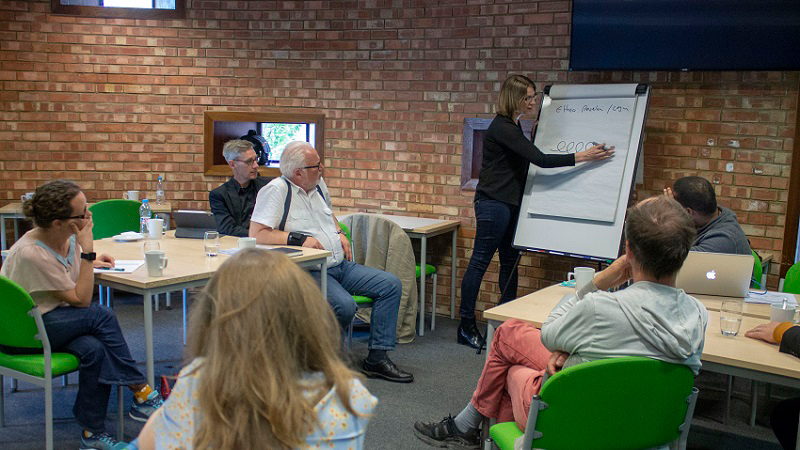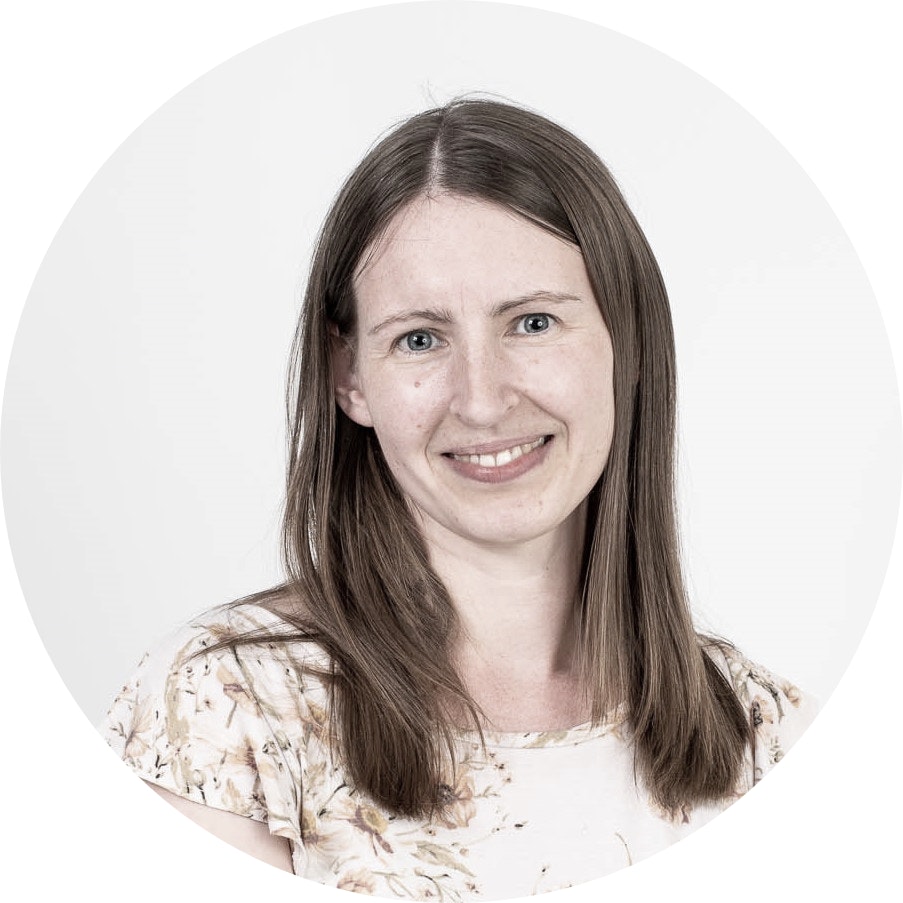On 22 and 23 May 2019, the Ethno Research team welcomed to York St John University a diverse group of researchers, organisers, participants and other stakeholders in the Ethno programme. The 15 delegates travelled from Belgium, Croatia, Estonia, Sweden, Canada, Northern Ireland, and across England to contribute to the first planning meeting for the 3-year research project.
The two days comprised a series of exercises and discussions designed to pull out key themes, which would eventually inform the main questions for the investigation. These sessions were facilitated by the core researchers on the project – Professor Lee Higgins and Dr Sarah-Jane Gibson (York St John University), Dr Jennie Henley (Royal Northern College of Music) and Dr Roger Mantie (University of Toronto).

On day one, after some time for introductions, the group were asked to consider who might be interested in this research, what in particular they might be interested to find out, and why. Unsurprisingly, the group identified a broad range of potential interested groups, and the scope for what would be of interest, and why, was even more wide-reaching. This set the foundations for the group to identify a collection of key words, and to agree their definitions, essential in an international forum, where word meaning can vary even under a common language. With ‘impact’ a recurring theme from the outset of the project, it was important to the research team that this term in particular was unpicked.

At the end of day one, the discussions continued into the evening at a local pub, and over dinner. By the morning, the core research team was able to present a version of the three main lines of enquiry this research project would go on to follow: 1, pedagogy and professional development; 2, experience; and 3, legacies or reverberations. Two further elements running through those lines of enquiry would be the history and the music of Ethno.
Day two followed with informal presentations from the three members of the group who had conducted their own research into Ethno. Linus Ellström, now a music teacher in Sweden, shared his master’s thesis which examined what takes place at an Ethno camp. He was able to show short video examples of Ethno workshops and performances he had observed, the first glimpse into Ethno practice for some people in the room. Lisandra Roosioja, from Estonia, focussed her master’s thesis on the experiences of Ethno participants. And Ana Čorić, from Croatia, who is studying for her PhD at University of Zagreb, researched Ethnofonik, the training program for artistic leaders of Ethno camps.

The remainder of the event was dedicated to continuing discussions around the lines of enquiry, and to exploring the idea of hypothetical interview questions. What three, four, or five questions would each person ask an Ethno participant interviewee? From “What were the music-making processes undertaken?” to “How has Ethno changed your life?”, dozens of questions were collected and will inform any future interviews conducted by the research team during the course of the next three years.
The ICCM team were hugely grateful to all the delegates for their generosity and openness in sharing their own experiences of Ethno, and for their invaluable contributions to the discussions at this event. Without them the research team would not be in the strong position they are in, as they embark on this important research journey.





Leave a Reply